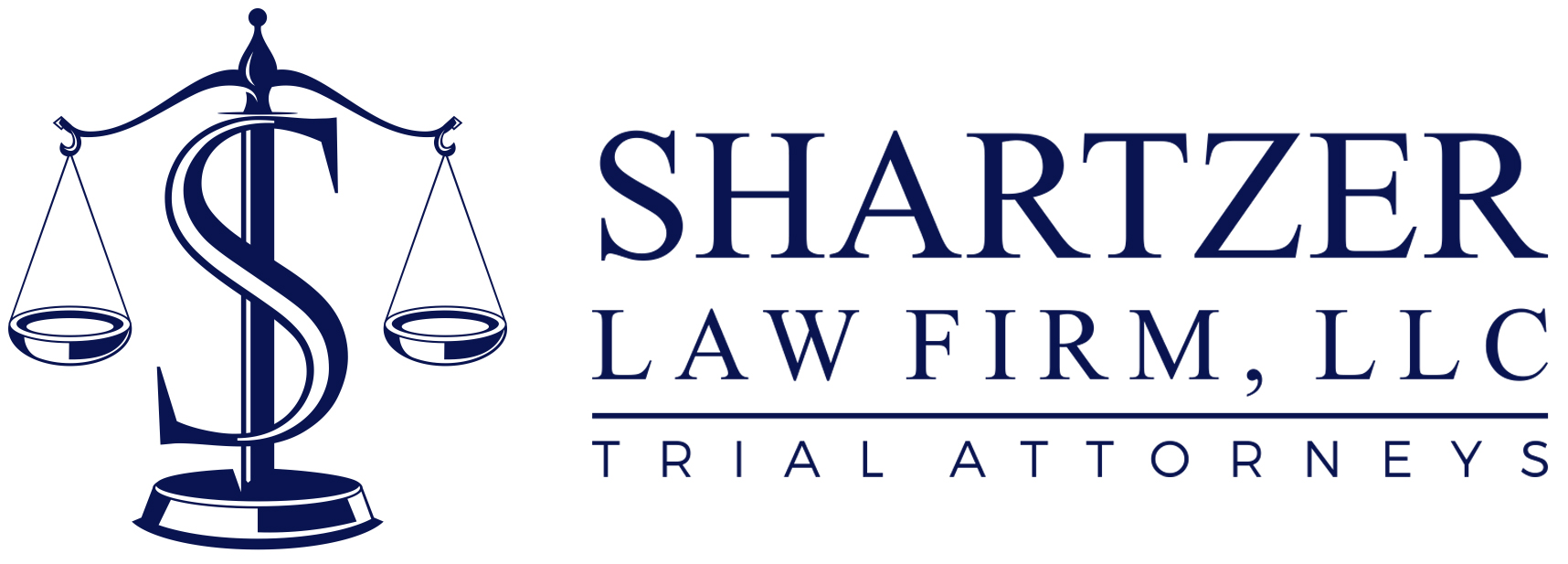Knowing the Pros and Cons of Vehicle Safety Features
You may have been injured in a car accident, and now you’re seeking compensation for your losses. The process can be complex, though, especially if the accident was not due to a clear-cut act of negligence like DUI or texting and driving. For example, plenty of drivers in Indiana use advanced driver-assistance systems, or ADAS. While these systems do reduce the rate of crashes, they may also contribute to it in specific ways.
The Safety Benefits of ADAS
Research from LexisNexis Risk Solutions has shown that vehicles with a driver-assistance system are involved in 27% fewer bodily injury claims and 19% fewer property damage claims. The Insurance Institute for Highway Safety has said about blind-spot monitoring, which is one particular ADAS feature, that the vehicles equipped with it are involved in 14% fewer crashes.
ADAS technology can alert drivers to a possible crash whether they are on the highway or backing out of a parking lot. Drivers receive the alert from a collision warning system or pedestrian detection system, and if they do not brake in time, the automatic emergency braking does it for them. ADAS can also come equipped with adaptive cruise control, which prevents tailgating, and lane departure warning, which combats lane drifting.
Cost and Other Disadvantages
The high cost of cameras and sensors is one drawback to the average ADAS. Another is that the technology is not perfect. For example, the automatic emergency braking system may be activated by a car riding alongside the ADAS vehicle in the next lane. An even graver danger is that drivers, overestimating the ADAS capabilities and believing that their car is self-driving, may engage in any number of distracting activities.
Personal Attention from A Lawyer
Those are just some of the considerations that might enter into a personal injury case when the other driver had his or her ADAS on. It may be wise for you to have a lawyer navigate the complexities on your behalf. It is a lawyer’s responsibility to give your case personal attention, allowing you to focus more on your physical and emotional recovery.
